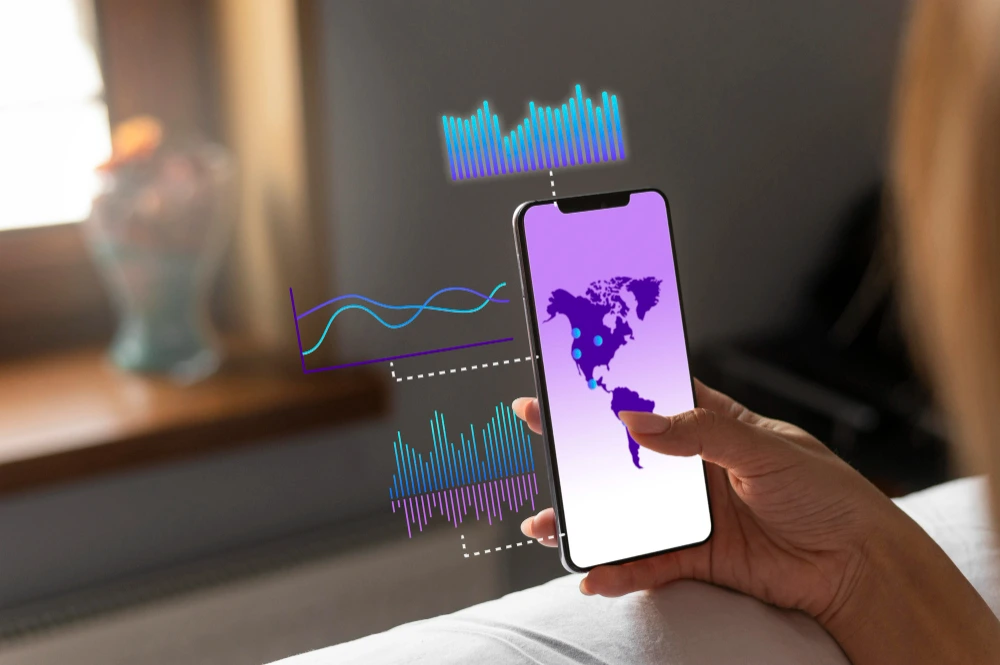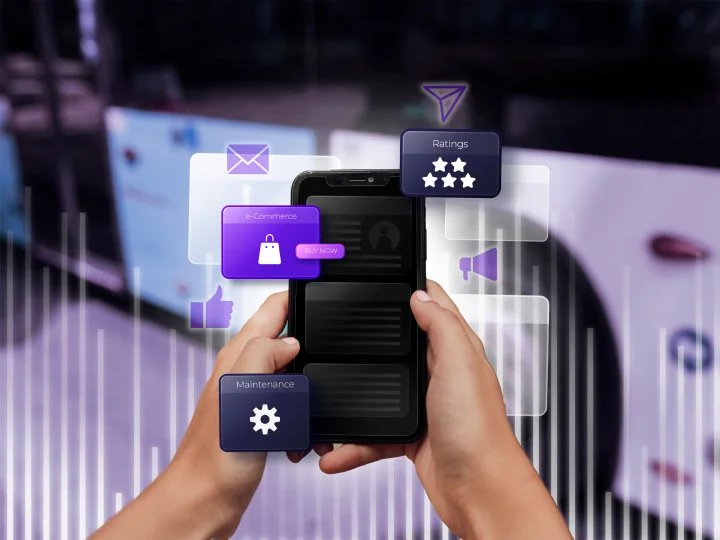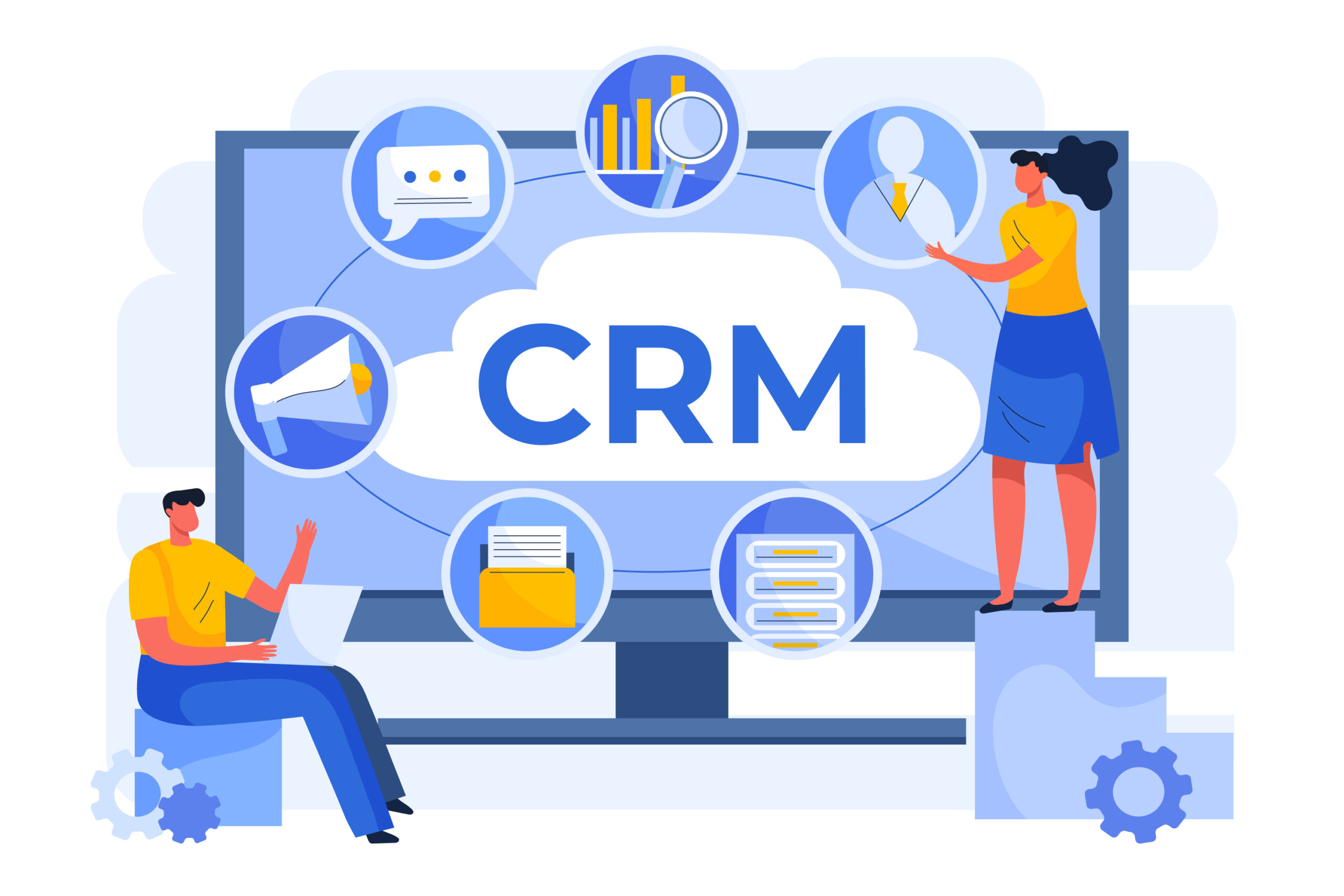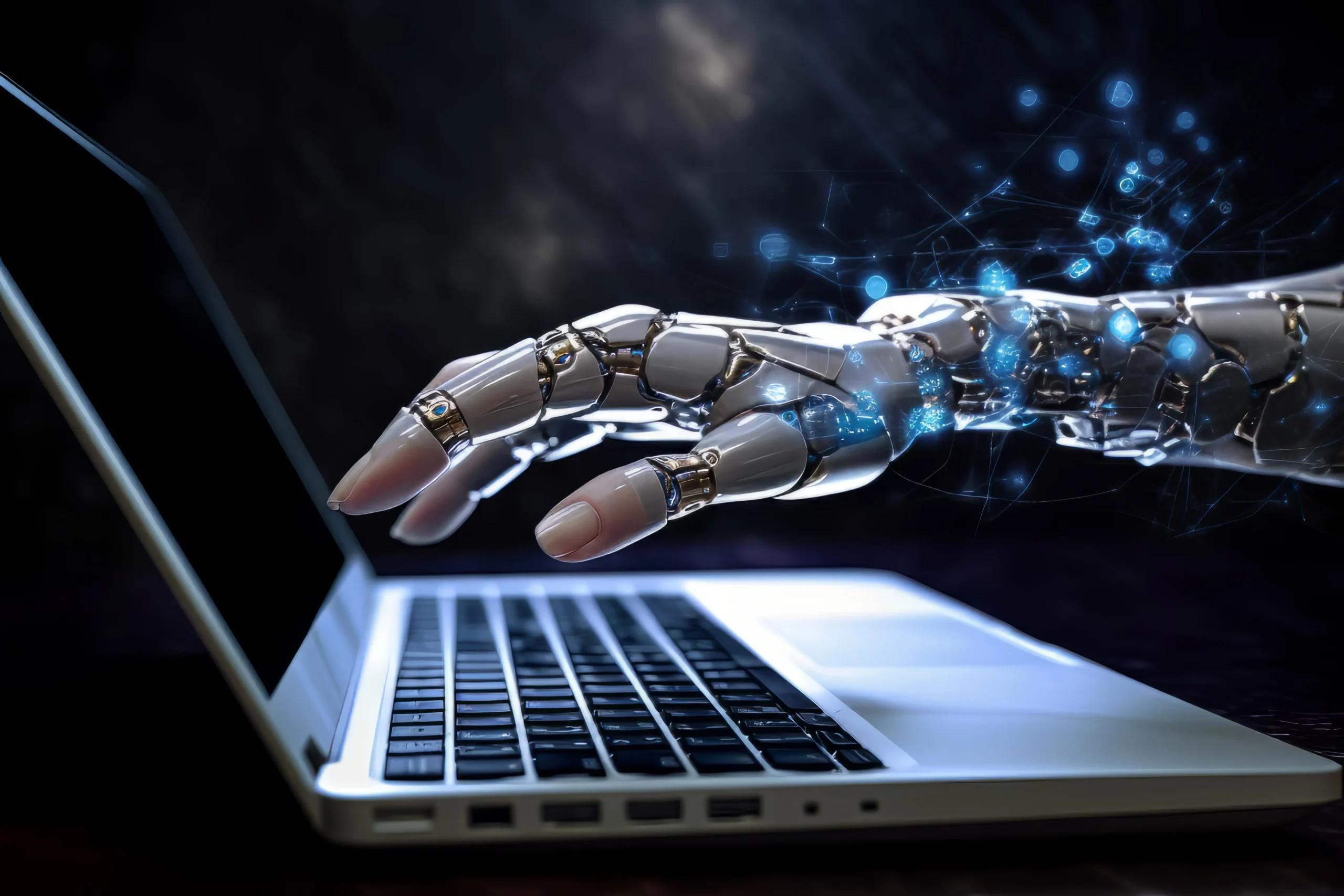
Generative AI is advanced tech that can create content like stories, art, and music by learning from tons of data. We already live in a world where tools like ChatGPT are revolutionizing our interactions with technology. Imagine asking your software to write a catchy jingle or description for your brand, and it delivers! Sounds fun. It’s like having a creative partner powered by artificial intelligence! At axiusSoftware, we help you demystify the enigmatic world of Generative AI.
In this article, we’ll explore the practical applications of Generative AI, from creating unique content to personalizing customer experiences. This technology is not just a buzzword; it’s the secret sauce driving business innovation. Get ready to explore this fascinating tech with us!
What is Generative AI?
Generative AI is like a super-smart robot artist that can create new stuff all on its own! Imagine you have a magic paintbrush that, instead of you painting a picture, the brush itself creates a masterpiece based on what it has learned from thousands of other paintings. That’s what generative AI does – it learns from tons of data, like text, images, or music, and then generates new content that feels fresh and original.
Why is this so impactful? It’s like having a creative buddy who never runs out of ideas and can help with almost any creative task. This ability to generate new and unique content is transforming how we think about creativity and innovation today. Just like a magic paintbrush can create endless art, generative AI opens up limitless possibilities for creativity and problem-solving in ways we never imagined!
How Does Generative Work?
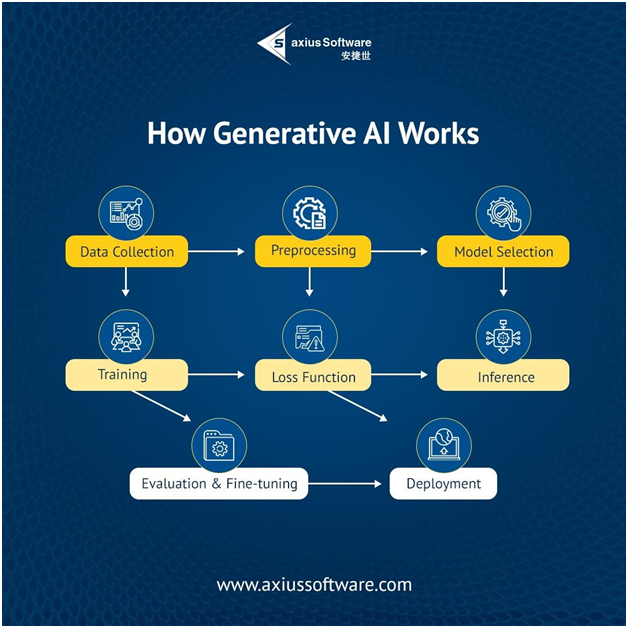
Pay close attention to this diagram, which was created using ChatGpt. Although you will find certain aesthetic inconsistencies, it is well worth It.
Now, let’s analyze this.
Data Collection: Gather large datasets relevant to the desired output (e.g., images, text, audio).
Preprocessing: Clean and prepare the data, ensuring it is in a suitable format for training (e.g., normalizing images and tokenizing text).
Model Selection
- Generative Adversarial Networks (GANs): Consist of a generator and a discriminator. The generator creates new data while the discriminator evaluates its authenticity.
- Variational Autoencoders (VAEs): Encode input data into a latent space and decode it back to generate new data.
- Autoregressive Models (e.g., GPT): Predict the next element in a sequence based on previous elements, generating data one step at a time.
Training:
- GANs: The generator and discriminator are trained in a competitive process where the generator tries to produce realistic data, and the discriminator attempts to distinguish between real and generated data.
- VAEs: The model learns to encode input data into a lower-dimensional latent space and then decode it, optimizing the reconstruction of the original data.
- Autoregressive Models: These models learn to predict the next element in a sequence, training on large amounts of sequential data.
Loss Function: Define and optimize a loss function that measures the difference between generated and real data. Different models use different loss functions (e.g., adversarial loss for GANs reconstruction loss for VAEs).
Inference: Once trained, the model can generate new data by sampling from the latent space (VAEs) or by iteratively predicting the next element in a sequence (autoregressive models).
Evaluation and Fine-tuning: Assess the quality of generated data and fine-tune the model to improve realism and relevance.
Deployment: Use the trained model to generate new, original content in the desired application area.
How Can Generative AI Impact Businesses?
Generative AI is transforming the business landscape by introducing new ways to innovate, optimize operations, and enhance customer experiences. By leveraging its ability to create and synthesize data, generative AI offers many applications that can lead to significant competitive advantages. Here are several ways in which generative AI can impact businesses:
- Content Creation: Automate the generation of marketing materials, social media content, and product descriptions, saving time and resources while maintaining high-quality standards.
- Product Design: Generate multiple design variations based on specified parameters to assist in the creation of new product designs and prototypes, accelerating the development cycle.
- Customer Service: Enhance chatbot capabilities to handle more complex queries and provide personalized responses, improving customer satisfaction and reducing support costs.
- Data Augmentation: Generate synthetic data to augment training datasets, improving the performance of machine learning models, especially in cases where real data is scarce or expensive to obtain.
- Personalization: By analyzing customers’ preferences and behaviors, create highly personalized recommendations and experiences that increase engagement and loyalty.
- Fraud Detection: Generate realistic scenarios and anomalies to train more robust fraud detection systems, enhancing security and reducing financial losses.
- Supply Chain Optimization: Simulate and predict supply chain scenarios to optimize logistics, inventory management, and demand forecasting, leading to cost savings and improved efficiency.
What Industries have been Impacted by Generative AI?
Generative AI makes waves across various industries by revolutionizing processes, enhancing creativity, and driving innovation. Here are some key sectors and real-world examples of its impact:
Entertainment & Media
- Film Production: Studios like 20th Century Fox use AI to predict movie success and generate scripts.
- Music: Platforms like Amper Music allow users to create personalized music tracks using AI.
Healthcare
- Drug Discovery: Companies like Insilico Medicine use generative AI to design new drug molecules, accelerating the drug development process.
- Medical Imaging: Zebra Medical Vision uses AI to enhance the accuracy of medical image analysis, aiding in early disease detection.
Retail & E-commerce:
- Product Recommendations: Amazon utilizes AI to generate personalized shopping recommendations, enhancing customer experience.
- Inventory Management: Generative AI helps companies like Zara optimize inventory levels and reduce waste through better demand forecasting.
Manufacturing
- Design and Prototyping: General Electric (GE) uses AI to generate innovative prototypes for jet engines and other products.
- Quality Control: Siemens employs AI to detect defects in manufacturing processes, improving product quality.
Finance
- Algorithmic Trading: Firms like Renaissance Technologies use AI to generate trading strategies and optimize portfolio management.
- Fraud Detection: PayPal leverages AI to generate scenarios for detecting fraudulent transactions, enhancing security.
Automotive
- Autonomous Vehicles: Tesla uses generative AI to improve self-driving capabilities by simulating various driving scenarios.
- Design and Engineering: BMW employs AI to generate innovative car designs and enhance engineering processes.
Education
- Personalized Learning: Platforms like Coursera use AI to generate personalized student learning paths based on their progress and preferences.
- Content Creation: AI tools like ScribeSense help educators by automating the grading of assignments and creating study materials.
Real Estate
- Property Valuation: Zillow uses AI to generate accurate property valuations, helping buyers and sellers make informed decisions.
- Virtual Tours: Matterport uses AI to create immersive virtual tours of properties, enhancing the real estate viewing experience.
Agriculture
- Crop Monitoring: John Deere uses AI to generate insights from drone images, helping farmers optimize crop yields.
- Precision Farming: Blue River Technology employs AI to generate precise spraying patterns, reducing pesticide use and improving crop health.
How is axiusSoftware Enabling Businesses with Generative AI?
At axiusSoftware we are revolutionizing business operations and transforming work processes through our advanced Generative AI solutions. Our generative AI capabilities also extend to predictive analytics, offering valuable insights into market trends and customer behaviors.
Through our tailored AI solutions, axiusSoftware has been empowering businesses to innovate at a faster pace, reduce operational costs, and deliver highly personalized customer experiences. By integrating our generative AI technologies, companies can gain a competitive edge in the digital age, transforming their operations and unlocking new potential.






